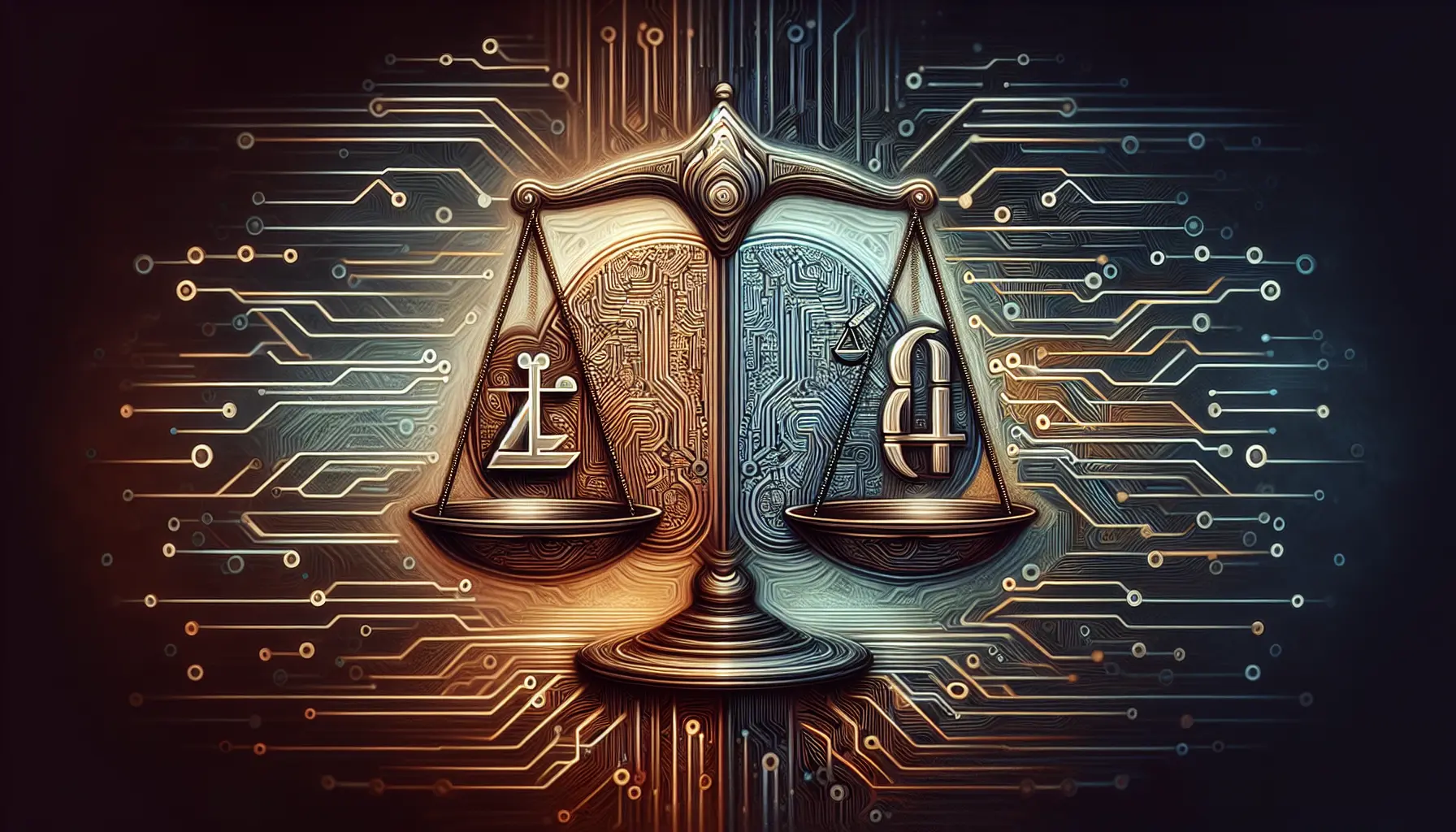
Estimated reading time: 8 minutes
Key Takeaways
- Ethical Frameworks: AI ethics provides a moral framework for responsible AI development.
- Critical Issues: Algorithmic bias, privacy risks, and black box decision-making are major challenges.
- Real-World Impact: Unethical AI can lead to discrimination and privacy breaches.
- Proactive Measures: Building ethical AI requires oversight, regular testing, and clear metrics.
- Future Directions: New regulations and global standards are shaping the future of ethical AI.
Table of Contents
What is AI Ethics?
AI ethics provides the moral framework guiding how we create and implement artificial intelligence technologies. At its core, it addresses fundamental questions about fairness, transparency, and human welfare in AI systems.
- How can we ensure AI benefits society while preventing harm?
- Who bears responsibility when AI systems cause problems?
- What makes AI decisions transparent and explainable?
- How do we prevent discrimination in AI systems?
Leading ethical frameworks emphasize several key principles:
- Preventing harm through careful system design
- Clear lines of responsibility and accountability
- Transparent, explainable AI decisions
- Fair treatment across all populations
- Protection of human rights, privacy, and security
Critical AI Problems Requiring Ethical Solutions
Several persistent challenges highlight why ethical considerations matter:
Algorithmic Bias: AI systems can amplify existing social prejudices, leading to unfair treatment in areas like hiring, lending, and criminal justice. Source
Privacy Risks: The massive data requirements of AI raise concerns about surveillance and misuse of personal information. Source
Black Box Decision-Making: Many AI systems make choices through processes that even their creators struggle to explain. Source
These issues demand proactive ethical oversight throughout development and deployment.
Real-World Impact of Unethical AI
When AI systems lack proper ethical guardrails, the consequences affect both society and individuals:
- Discriminatory lending practices denying loans to qualified applicants
- Biased hiring algorithms screening out capable candidates
- Facial recognition systems performing poorly for certain demographics
- Privacy breaches exposing sensitive personal data
Building Ethical AI Systems
Creating responsible AI requires a comprehensive approach:
Ethics by Design: Incorporate ethical considerations from the initial planning stages. Source
Oversight Mechanisms: Implement review boards and compliance checks throughout development.
Regular Testing: Conduct thorough audits and adversarial testing to identify potential issues.
Clear Metrics: Set measurable standards for ethical performance and monitor them consistently. Source
Key Players in AI Ethics
Everyone involved in AI development and deployment has ethical responsibilities:
Developers must build systems that align with ethical principles.
Organizations need to prioritize transparency and user protection.
Policymakers should create and enforce appropriate regulations.
Success requires collaboration between technical experts, ethicists, community representatives, and affected populations.
The Future of Ethical AI
The landscape of AI ethics continues to evolve:
- New regulations like the EU AI Act set formal requirements
- Improved techniques for explaining AI decisions emerge
- Global standards for trustworthy AI take shape
These developments point toward more accountable, transparent AI systems.
Taking Action on AI Ethics
Creating ethical AI systems requires concrete steps:
- Establish clear ethical guidelines before beginning development
- Build diverse teams to catch potential issues early
- Create robust testing processes for fairness and bias
- Maintain transparency about system capabilities and limitations
- Engage with affected communities throughout development
By prioritizing ethics in AI development, we can harness this technology's benefits while protecting human rights and dignity. The future of AI depends on making ethical considerations central to every stage of development and deployment.
Remember: ethical AI isn't an obstacle to innovation – it's essential for creating AI systems that truly serve humanity's best interests.
Frequently Asked Questions
What is AI ethics?
AI ethics refers to the moral principles guiding the development and use of artificial intelligence technologies.
Why is AI ethics important?
AI ethics is crucial to ensure that AI systems are fair, transparent, and beneficial to society while minimizing harm.
What are some challenges in AI ethics?
Challenges include algorithmic bias, privacy concerns, and the opacity of AI decision-making processes.
How can organizations promote ethical AI?
Organizations can promote ethical AI by establishing guidelines, conducting regular audits, and fostering a culture of accountability.
What role do policymakers play in AI ethics?
Policymakers are essential in creating regulations that ensure ethical standards are met in AI development and deployment.









